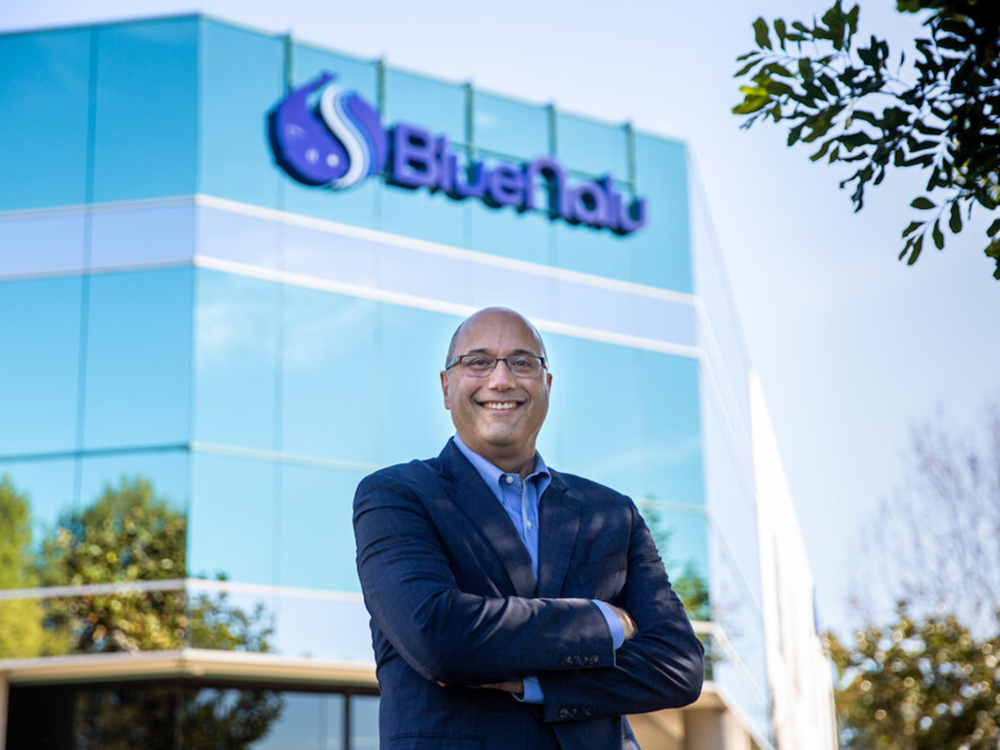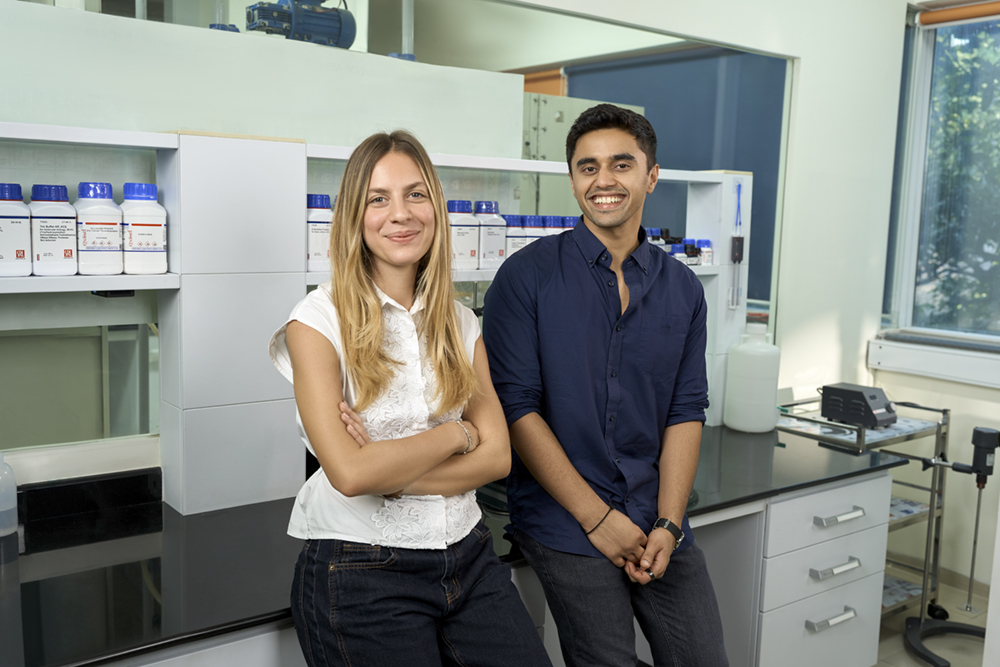

PARIMA becomes first international cultivated meat company to enter regulatory review in Australia and New Zealand
PARIMA, the cultivated food company formed through the merger of Gourmey and Vital Meat, has reached a major milestone with the formal acceptance of its cultivated duck dossier by Food Standards Australia New Zealand (FSANZ). The submission marks the first time an international cultivated meat company has officially entered the scientific risk assessment process in the two countries. Vow, an Australian company, achieved the same feat in April 2025 and eventually announced its approval in June 2025.
“We’re proud to announce that PARIMA is the first international cultivated meat company to officially enter the scientific risk assessment process in Australia and New Zealand, following the formal acceptance of our cultivated duck dossier by FSANZ,” commented Nicolas Morin-Forest, CEO & Co-Founder at PARIMA. “This milestone comes just six months after our peers at Vow received the country’s first-ever approval, and reflects the growing momentum around cultivated foods in the region.”
Filed on 7 August 2025, by Suprême SAS (Gourmey), the application seeks an amendment to the Australia New Zealand Food Standards Code to permit 'cell-cultured duck' as a food ingredient. The proposed use includes duck meat analogs such as cell-cultured foie gras and duck pâté.
According to the FSANZ executive summary, the ingredient is produced from duck embryonic stem cells isolated from fertilized Pekin duck eggs (Anas platyrhynchos domesticus). The resulting biomass is described as a pale pink or beige material containing at least 10% protein, or 70% on a dry-weight basis. The production cell line is not genetically modified and has been fully characterized, with identity and stability confirmed through genomic and karyotyping analyses.
Manufacturing follows GMP and Good Cell Culture Practice principles. The process uses a semi-continuous system that PARIMA describes as a “continuous seed train”, in which cells expanded in shake flasks inoculate a suspension bioreactor and are then transferred to a larger production vessel for harvest. Part of each batch is retained to seed the next run, minimizing the need to thaw new cell bank vials and improving process efficiency.
After harvest, the biomass is centrifuged, washed in saline, packed, and frozen, with HACCP-based controls applied across the process. The dossier notes that viable cells are not expected to remain after freezing, processing, and cooking, and therefore tumorigenic potential is not considered a food safety concern.
The submission also details extensive analytical work on product composition and safety. Five production batches were tested against defined specifications for key nutrients, microbiological safety, heavy metals, and residual culture media components such as insulin and ethanolamine. All results met legal limits and internal specifications, with contaminants below detection levels. Biogenic amine levels were comparable to conventional duck products, and the low-fat composition was shown to be stable for at least one year when stored at -20°C.
Nutritionally, the cultured duck was found to be comparable to conventional duck meat, offering a balanced amino acid profile with only minor differences in certain essential amino acids. The product is intended for the general population, excluding those with sensitivities to duck or other avian species, and could be incorporated at 5-80% of finished product weight across categories such as meat analogues, spreads, and fat-based preparations.
Allergenicity testing, including bioinformatics and ELISA assays, showed no detectable egg allergens in the batches analyzed. Overall allergenic risk for the general population was considered low.
“This milestone demonstrates the strength of our science and the rigor of our processes,” said Morin-Forest. “PARIMA, created through the strategic combination of Gourmey and Vital Meat, is accelerating the global path to market through rigorous and science-led regulatory engagement. Congratulations to our teams! We look forward to working transparently and constructively with FSANZ as the review progresses, bringing cultivated foods one step closer to consumers’ plates.”
The FSANZ review process involves a detailed scientific and safety assessment that can take several months. If successful, PARIMA’s cultivated duck could become one of the first international cell-cultivated meat products approved for sale in Australia and New Zealand, joining the region’s small but growing roster of cultivated food approvals.
The achievement reinforces PARIMA’s expanding global regulatory footprint, which now includes nine active approval processes across multiple jurisdictions. It also underscores the company’s strategic focus on transparency, safety, and collaboration as cultivated foods move from laboratory innovation toward mainstream commercialization.
If you have any questions or would like to get in touch with us, please email info@futureofproteinproduction.com

.png)






